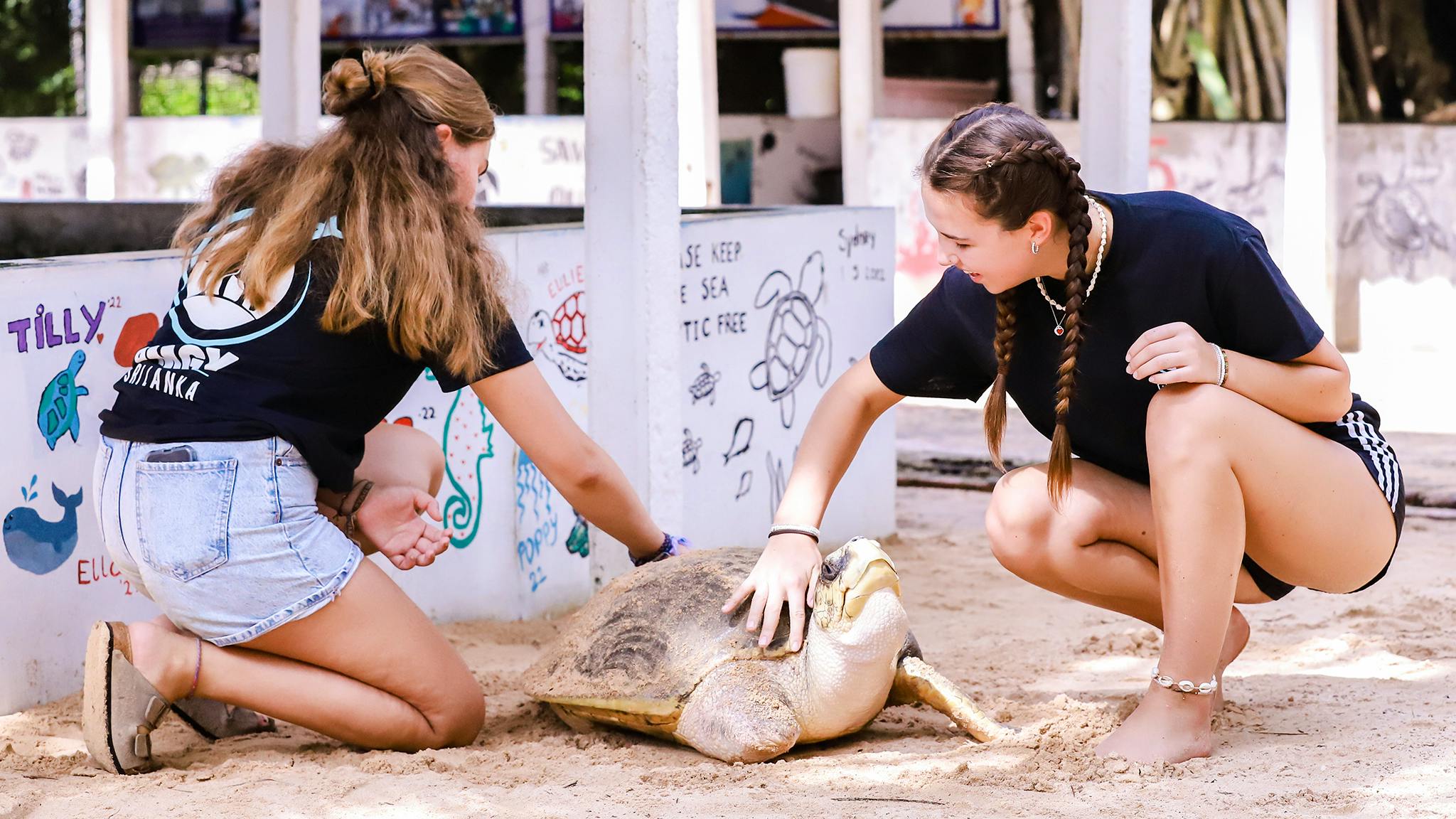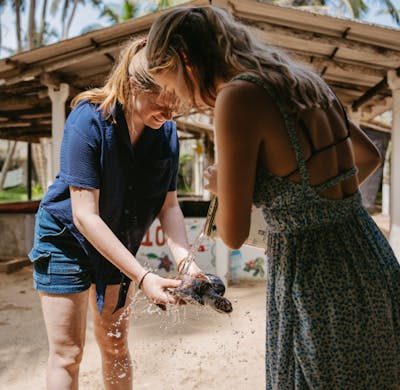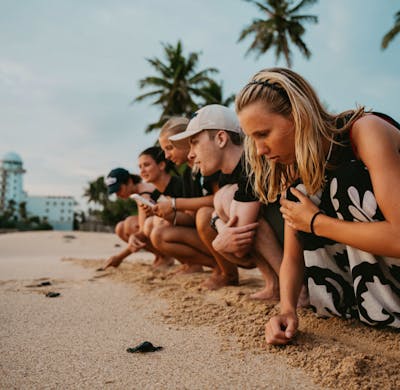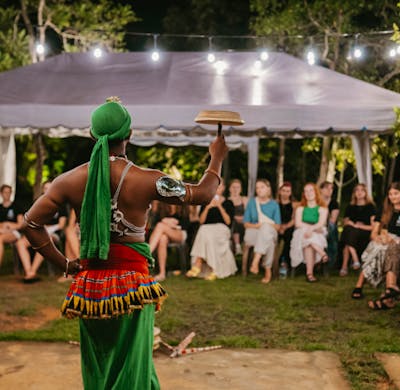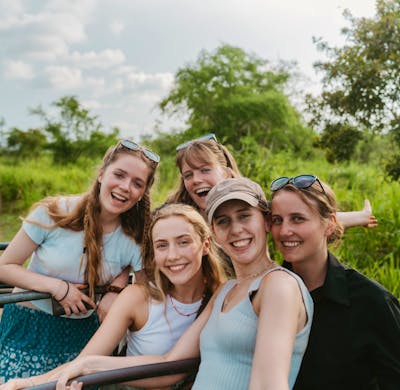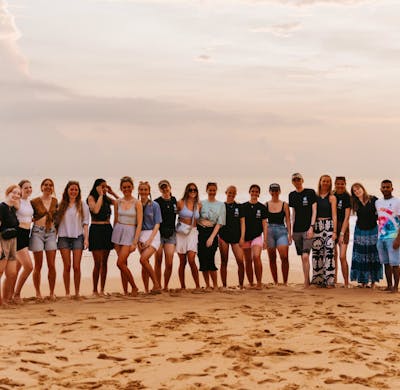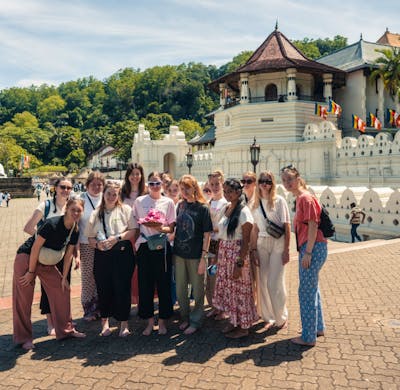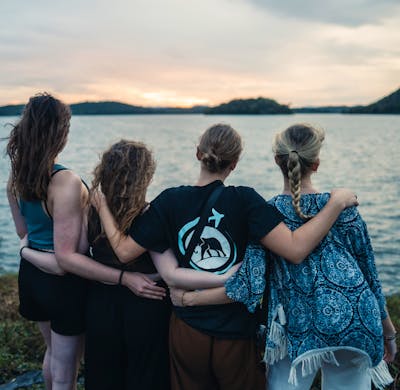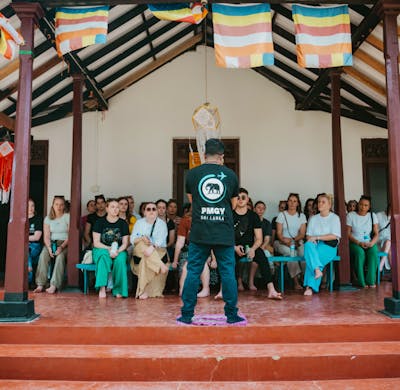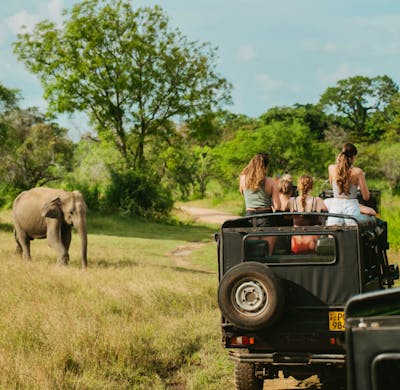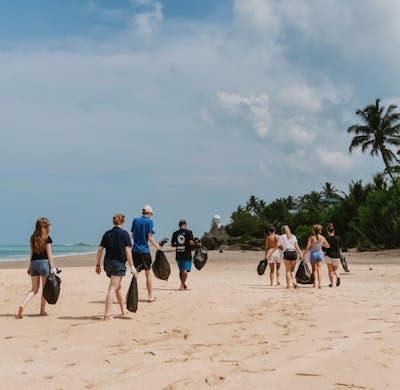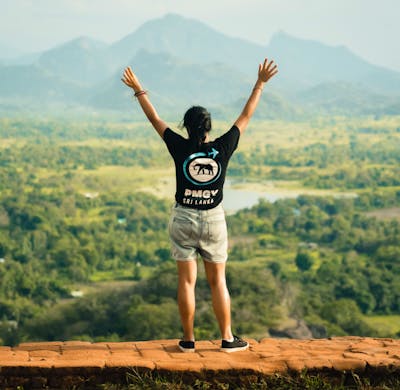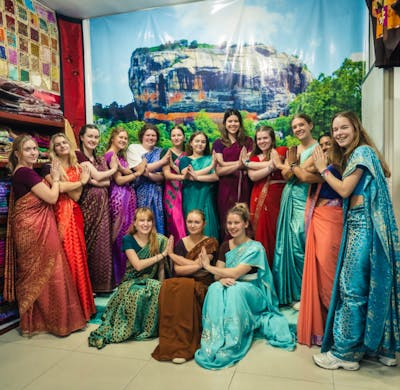You can protect and rehabilitate sea turtles whilst also helping at community development projects as a Sri Lanka turtle conservation volunteer. Many species of turtles are under threat and at risk of becoming endangered, hence there is a great need for wildlife conservation efforts. Raise awareness of plastic pollution, care for injured and disabled turtles and release freshly hatched babies back into the wild, safe from natural risks and local poachers.
BACKGROUND TO THE TURTLE CONSERVATION PROGRAM
In Sri Lanka, there are five species of turtles that are commonly encountered. These are the Green Turtle, Hawksbill, Loggerhead, Olive Ridley and Leatherback. The Green turtle is the most common turtle species and will likely be the one you come across the most if you volunteer in Sri Lanka. The Loggerhead turtle is the rarest and thus hardest to spot in Sri Lanka. They are more commonly found on the East Coast of America.
The Hawksbill (renowned for its beautiful shell), Olive Ridley (smallest of the sea turtles) and Leatherback (largest of the 5 species) are harder to spot for different reasons. Sadly they are critically endangered and sit on the brink of extinction. This is mainly because they have been heavily hunted and fell victim to other human activity as well.
For instance, fishing is one of the major industries in Ambalangoda. The location of the volunteer work in Sri Lanka is very close to the local fisheries port. Sea turtles are often found in fishing nets and many have lost limbs, becoming disabled and are no longer able to survive in the wild. Many of these disabled turtles are found by local fishermen who bring them to the project site for rehabilitation and care.
Most importantly, each environmental choice we make every day as a human has an impact on all marine life. Millions of microplastics, straws and bottles are found in the sea and beaches across the globe. Plastic pollution is becoming a huge problem worldwide and our Sri Lanka turtle conservation volunteers aim to fight the battle against this environmental catastrophe.
Volunteering with turtles in Sri Lanka on our wildlife conservation program is an incredible opportunity to do your bit to care for these incredible creatures, whilst spending time in a country that will amaze you on so many levels.
TURTLE CONSERVATION VOLUNTEER PLACEMENT EXAMPLES
Ambalangoda Turtle Conservation Sanctuary - Each Sri Lanka turtle conservation volunteer will be based at a turtle sanctuary in Ambalangoda. Here, the Sri Lanka volunteer program aims to provide daily care and rehabilitation for the disabled turtles. They have a long term goal to release the healthy turtles back to the wild, as well as protecting turtle eggs that have been stolen by local poachers.
Beginning from the orientation, volunteers will learn a great deal about turtle conservation. For instance, how to nest eggs, identify different kinds of turtles, how eggs hatch, how to treat turtles, the differences between the species, how to send turtles back into the sea and so much more. In short, this is a project where you will learn a lot and be able to make a tangible difference with your time.
Beach Cleans - As female turtles will only lay their eggs on beaches that are safe environments to them, it is crucial the area is maintained in order to encourage them to nest. Consequently, every Sri Lanka animal volunteer will get involved in cleaning the local beaches for litter and dangerous debris.
Climate change, waste and plastic pollution is increasing at an alarming rate across the world and we want to continue raising awareness and promote conservation through our wildlife volunteer program.
This is an important core task that volunteers will engage with in the Sri Lanka turtle conservation program. As part of the teams efforts to support coastal conservation, they aim to collect 200 kilograms of rubbish from the beaches each day. Subsequently, volunteers are the driving force in achieving such goals.
Turtle Hatchery & Baby Turtle Release - Volunteers will help to nest, monitor and care for turtle eggs that have been brought to the turtle hatchery. Usually, these are removed from an unsafe area where they may be at risk from human activity. This often includes outside tourist hotels but also if they can be stolen by local poachers.
Across Asia, there is an ancient myth that eating turtle eggs and meat will increase your life span. As a result, turtle eggs are sold illegally on the black market. The hatchery provides a safe environment for the turtles to be nested and monitored for conservation. They follow the National Wildlife Department guidelines and release the babies back into the wild with the help each Sri Lanka turtle conservation volunteer.
OTHER THINGS TO CONSIDER VOLUNTEERING IN SRI LANKA
Return Airport Transfer - Your return airport transfer is not included in your Program Fee. Our local team can help arrange onward transfers to the airport or an alternative destination from the volunteer accommodation. Making specific arrangements once in Sri Lanka provides more flexibility as plans can often change and participants may be on similar flight plans. The costs depend on your method of transport and your final destination. This can often be split across multiple participants if you are travelling with someone else on the program. It is strongly advised not to travel by public transport or ridesharing apps back to the airport. Whilst this may be cheaper, it is far less convenient and comes with additional safety risks.
Project Flexibility - As this volunteer project only runs during the morning period in Sri Lanka, there is an opportunity to get involved in the teaching projects in the afternoon. We do require a minimum commitment of 1 week on each project and you can make these arrangements once you are in Sri Lanka. There are no additional costs and we would always welcome any additional support across the community-based projects.
Weekends - Your project work in Sri Lanka runs from Monday-Friday and weekends are free. You are welcome to relax and hang out at the volunteer accommodation but most participants will use this time to travel and explore the country. As a result, you can check out our Sri Lanka Weekend Travel Guide for top tips on how to spend your weekend. We also run two separate weekend trips which you can sign-up to before you depart for Sri Lanka. We offer the Adventure Hill & Country Trip, the Cultural Triangle & Elephants Trip along with the Maldives Chill Out Trip with opportunities running every month.
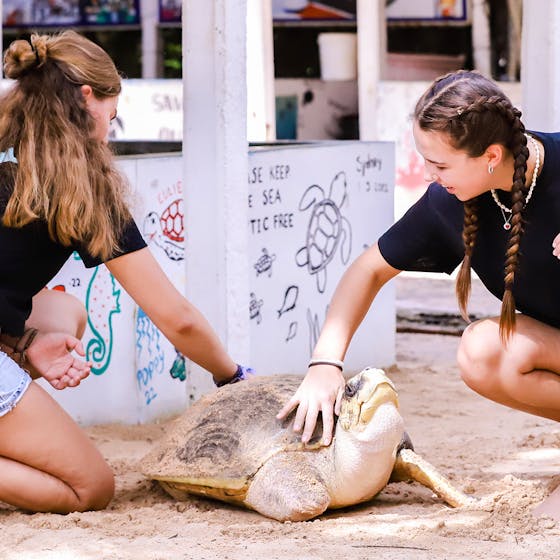
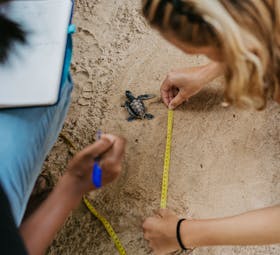
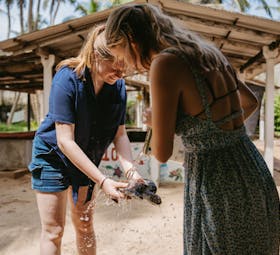
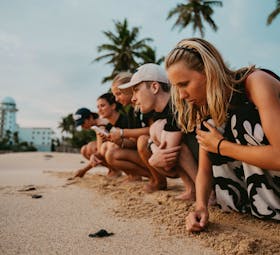
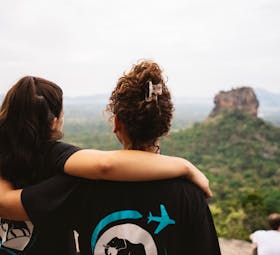


 4.9
4.9

